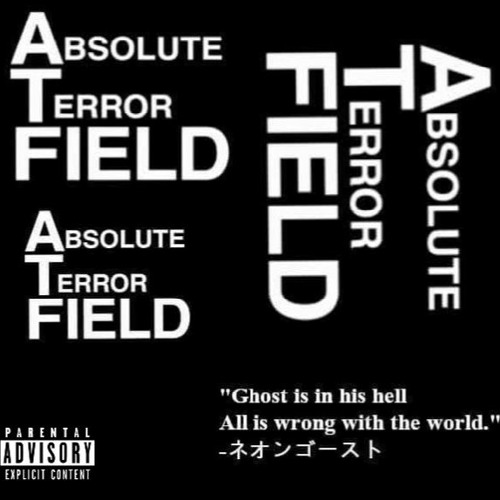- Welcome to Cook'd and Bomb'd.
-
 Rory McIlroy
by Arbiter
Rory McIlroy
by Arbiter
[Today at 05:39:05 AM] -
 Trans Mania: Graham Linehan...
by Barry Admin
Trans Mania: Graham Linehan...
by Barry Admin
[Today at 05:32:28 AM] -
 real and serious ways of overcoming...
by Arbiter
real and serious ways of overcoming...
by Arbiter
[Today at 05:30:42 AM] -
 Opening titles that let you...
by dontpaintyourteeth
Opening titles that let you...
by dontpaintyourteeth
[Today at 04:54:11 AM] -
 what's the worst TV comedy...
by Mister Six
what's the worst TV comedy...
by Mister Six
[Today at 04:20:02 AM] -
 Boring hifi question
by Cold Meat Platter
Boring hifi question
by Cold Meat Platter
[Today at 04:18:46 AM] -
 The Binding Of Isaac (Afterbirth...
by buntyman
The Binding Of Isaac (Afterbirth...
by buntyman
[Today at 02:39:19 AM] -
 spaghetti bolognese
by Elderly Sumo Prophecy
spaghetti bolognese
by Elderly Sumo Prophecy
[Today at 12:50:55 AM] -
 Shower Gel
by Cloud
Shower Gel
by Cloud
[Today at 12:48:55 AM] -
 guitar players are the worst...
by Ferris
guitar players are the worst...
by Ferris
[Today at 12:39:46 AM]
Members
 Total Members: 17,818
Total Members: 17,818 Latest: JesusHCorbett
Latest: JesusHCorbett
Stats
 Total Posts: 5,574,326
Total Posts: 5,574,326 Total Topics: 106,599
Total Topics: 106,599 Online Today: 546
Online Today: 546 Online Ever: 3,311
Online Ever: 3,311- (July 08, 2021, 03:14:41 AM)
Users Online
 Users: 36
Users: 36 Guests: 343
Guests: 343 Total: 379
Total: 379 dead-ced-dead
dead-ced-dead Percy Dovetonsils
Percy Dovetonsils majava
majava Mornington Oblong
Mornington Oblong frajer
frajer Monkeyman1138
Monkeyman1138 elliszeroed
elliszeroed Phoenix Lazarus
Phoenix Lazarus CrazyEyezKilla
CrazyEyezKilla Auntie Beryl
Auntie Beryl crumblingman
crumblingman CrackerFactory
CrackerFactory Zetetic
Zetetic KennyMonster
KennyMonster Wayman C. McCreery
Wayman C. McCreery Alberon
Alberon TommyTurnips
TommyTurnips Richard Heald
Richard Heald fink
fink waste of chops
waste of chops Randy Scruggs
Randy Scruggs Buffalo Many Times
Buffalo Many Times RedVine
RedVine zip o lightning
zip o lightning Mantle Retractor
Mantle Retractor chad-io
chad-io Hope of Avalon
Hope of Avalon Theoretical Dentist
Theoretical Dentist
User actions

